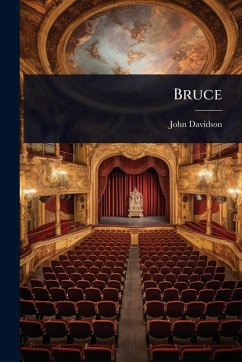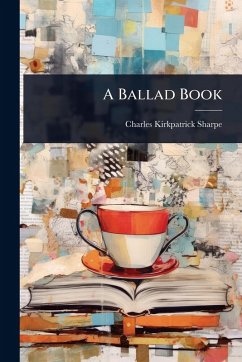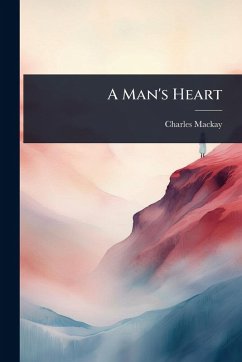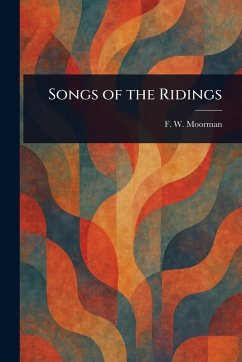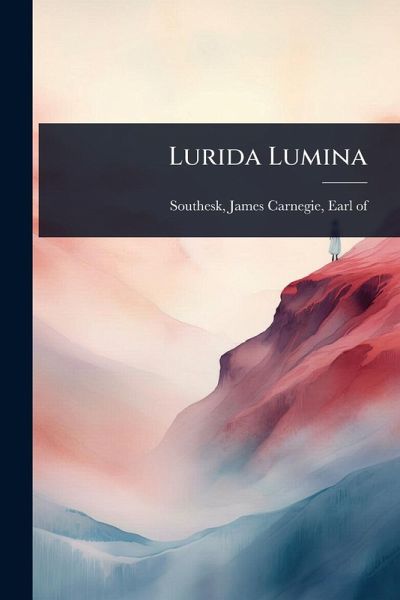
Lurida Lumina
Versandkostenfrei!
Versandfertig in über 4 Wochen
15,99 €
inkl. MwSt.

PAYBACK Punkte
8 °P sammeln!
Lurida Lumina is a collection of poetry by James Carnegie, the Earl of Southesk, originally published in 1876. This volume showcases the Earlâ(TM)s diverse poetic interests and skills, reflecting the literary tastes and historical context of the Victorian era. The poems explore a range of themes, from nature and love to historical events and philosophical reflections, all rendered in the elegant and evocative language characteristic of 19th-century verse. Southesk's work provides a window into the sensibilities of a Scottish nobleman and offers readers a chance to experience the lyrical beaut...
Lurida Lumina is a collection of poetry by James Carnegie, the Earl of Southesk, originally published in 1876. This volume showcases the Earlâ(TM)s diverse poetic interests and skills, reflecting the literary tastes and historical context of the Victorian era. The poems explore a range of themes, from nature and love to historical events and philosophical reflections, all rendered in the elegant and evocative language characteristic of 19th-century verse. Southesk's work provides a window into the sensibilities of a Scottish nobleman and offers readers a chance to experience the lyrical beauty and intellectual depth of a bygone era. This carefully curated collection invites both scholars and casual readers to rediscover the enduring appeal of Victorian poetry and the unique voice of the Earl of Southesk. This work has been selected by scholars as being culturally important, and is part of the knowledge base of civilization as we know it. This work was reproduced from the original artifact, and remains as true to the original work as possible. Therefore, you will see the original copyright references, library stamps (as most of these works have been housed in our most important libraries around the world), and other notations in the work. This work is in the public domain in the United States of America, and possibly other nations. Within the United States, you may freely copy and distribute this work, as no entity (individual or corporate) has a copyright on the body of the work. As a reproduction of a historical artifact, this work may contain missing or blurred pages, poor pictures, errant marks, etc. Scholars believe, and we concur, that this work is important enough to be preserved, reproduced, and made generally available to the public. We appreciate your support of the preservation process, and thank you for being an important part of keeping this knowledge alive and relevant.



